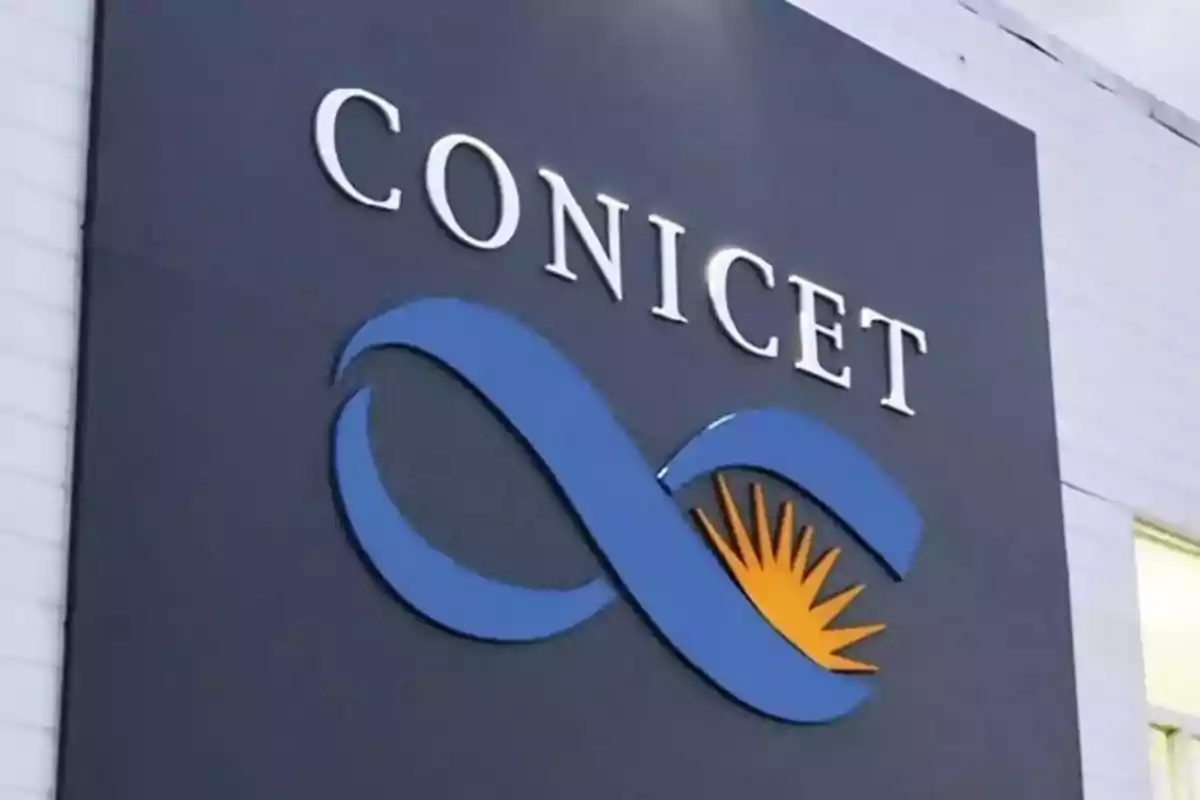
The unusual ideological projects that Kirchnerism wanted to finance with the State
The Kirchnerist administration approved unusual 'scientific investigations,' although it never allocated the funds to carry them out
During his disastrous tenure as Minister of Economy, the Kirchnerist Sergio Massa approved dozens of so-called "scientific projects" with a strong left-wing ideological bias and, despite having given them the green light, he never allocated the funds to finance them.
The initiatives, selected during 2022, are oriented toward topics that have nothing to do with science, technological development, or productive innovation, and only respond to partisan interests or ideological whims of minority sectors.
In this context, the government of Javier Milei revealed that these projects were approved by Massa, but the public funds to finance them were diverted to other purposes, such as the Kirchnerist electoral campaign in 2023.

Nevertheless, since the current administration took office, the Secretary of Innovation, Science, and Technology of the Nation, Darío Genua, has been conducting an audit on the use of resources in the national scientific system, avoiding allocating funding to these ideological projects that do not correspond to real science, in line with President Milei's commitment to end waste and reorder the State's priorities.
For decades, science and technology in Argentina were co-opted by a bureaucratic and inefficient logic. A pattern of allocations was evident, oriented more toward satisfying ideological and clientelist demands than fostering real innovation or national competitiveness.
Many of the PICT projects (Scientific and Technological Research Projects), which seek to be financed with the money of all Argentinians, instead of focusing on science, technological development, or strategic research, addressed topics related to gender agendas, cultural studies, or ideological whims without any real productive impact.

Projects approved by Sergio Massa
A sample of this disastrous approach is the "research projects" approved under Sergio Massa's administration. Among them are:
Dissident sexualities from Amerindian philosophies, trans epistemologies, and biomedicine: perspectives in dialogue* (UBA).
Post-human modalities of subjectivity and being-with-others (UBA - Institute of Philosophy “Dr. Alejandro Korn”).
From the personal to the public. Heterogeneous materials and politics of memory in the Archive of the Institute of Research in Art and Culture (UNTREF).
Environmental precarity and feminized precarity in Latin American culture (CONICET - Institute of Humanities).
Conflict or continuum. Glottopolitical interventions and literate stances in the map of languages of contemporary Paraguay (UBA).
Contemporary neomedieval fictions: a theoretical-comparative approach (UBA).
The self-conscious digression in the narrative of old age by Miguel de Cervantes (UNGS).
Reconsidering the governance of the body: post-dualist theories, bottom-up biopolitics, and biological resistances to biopower (UNSAM).
Women's literature in English: contributions of feminist and prismatic translation (UNMDP).
Contemporary digital technopoetics and politics of the living (UBA).
Current developments in the phenomenology of intercorporeality: dialogues with feminist theory, critical phenomenology, the anthropology of power, and the bodily turn in development (UBA).
Public policies and management of cultural heritage in Olavarría and Benito Juárez: controversies and participation of local communities (UNICEN).
Restricted work trajectories: gender and intersectionality in the paid labor participation of LGBTIQ+ people in popular sectors of Jujuy (UNQ).
Right-wing, education, and hegemony: strategies of right-wing governments in education and links with the corporate world in Argentina since 2015 (CONICET).
Comic artists and graphic humorists in recent Argentina: from a scattered presence to the emergence of a feminist comic scene (UNSAM).
Inhabiting, interacting, and dying in the plains of Santiago del Estero between the end of the first millennium and the Colonial period (CONICET).
Perspectives, agendas, and coalitions in the implementation of gender and sexuality policies. The case of UNSAM (2013–2025).
Reflections on the political by Argentine and Mexican jurists. Cases in UBA and UNAM (1910–1950) (UBA).
Confluences between cinema, music, and song festivals: Argentina, Italy, and Spain (1960–1973) (UBA).
Initiatives with a gender perspective in primary and secondary school bathrooms (Neuquén – Buenos Aires, 2018–2023) (CONICET).
This extensive list of research, approved without impact assessment or correlation with the country's strategic needs, confirms a policy of ideological use of the scientific system by Kirchnerism, with no benefit for national productivity and a high cost for taxpayers. Although Massa approved the allocations, he never financed them, since he spent the money on his electoral campaign.
These examples also show a distortion of the scientific system by Kirchnerism, which turned it into a clientelist subsidy machine. Institutions such as national universities, municipalities, and institutes with a strong left-wing partisan imprint were some of the main beneficiaries of this dynamic.
In response to this serious situation, Milei's government would be considering a reform in the National Scientific and Technical Research Council (CONICET) with the aim of terminating these delusional ideological projects of Kirchnerism that sought to be financed with the money of all Argentinians.
More posts: